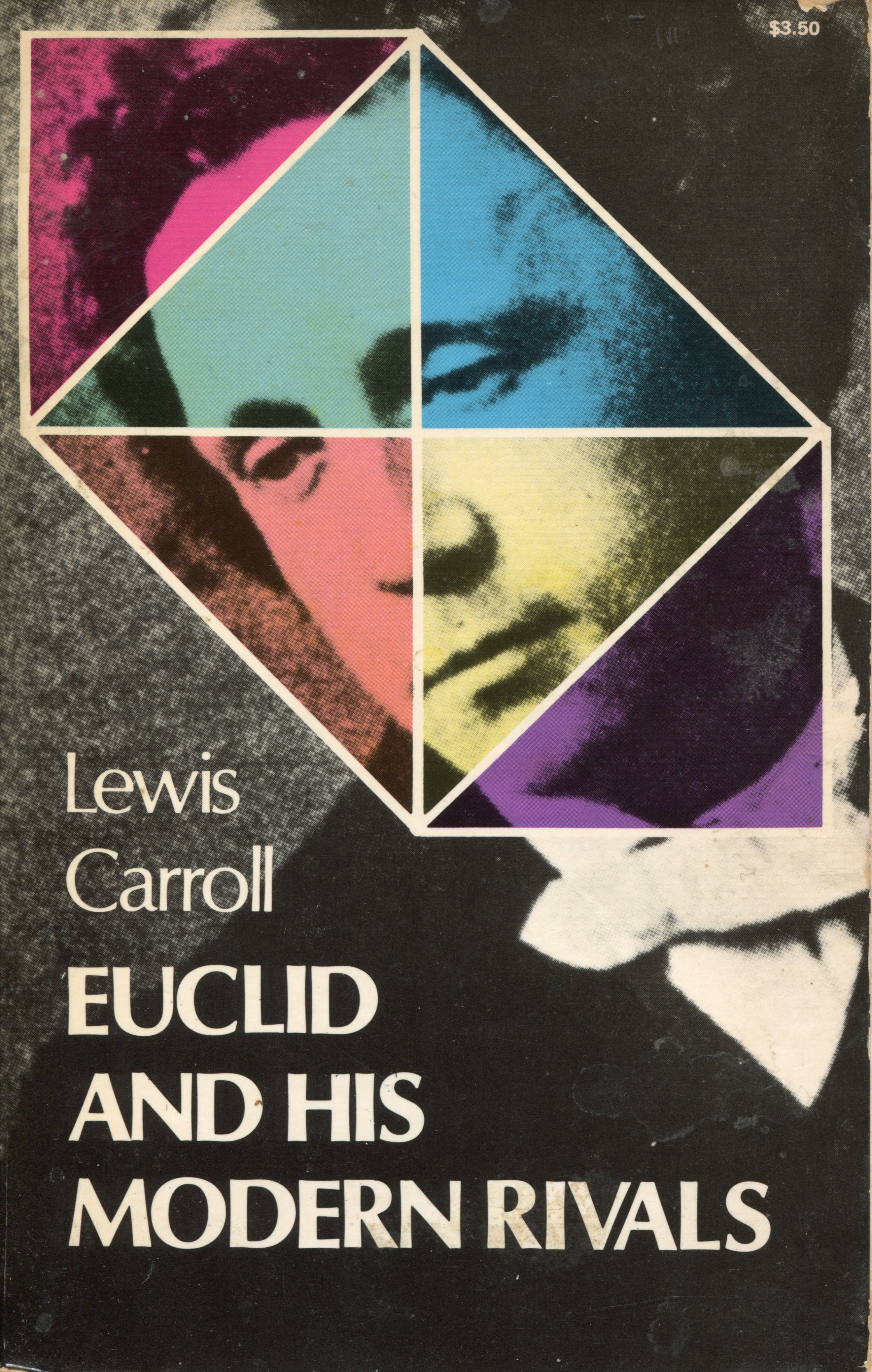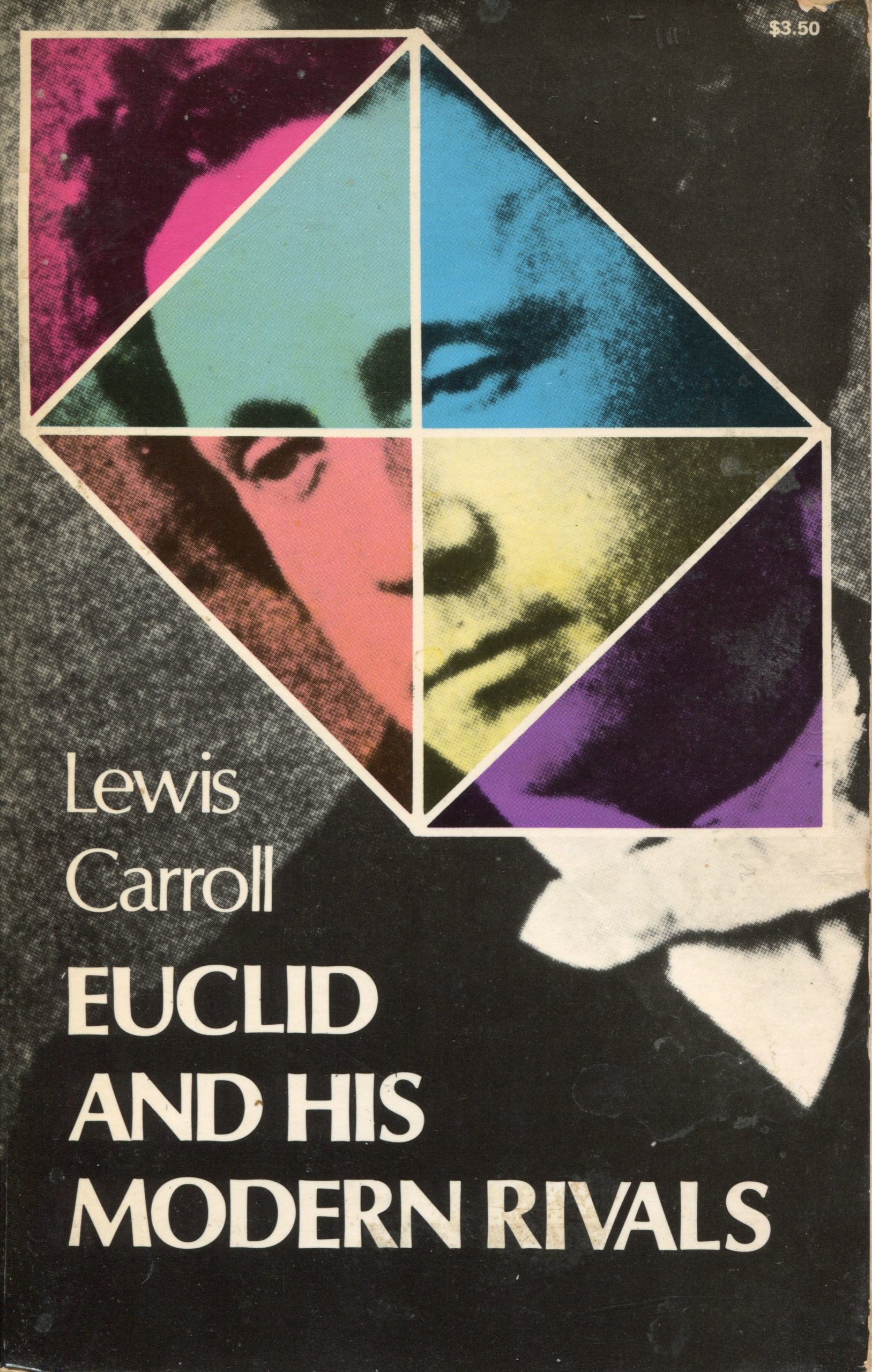
Over the years, the name Galileo Galilei has come to symbolize scientific progress and resilience against the stifling forces of established beliefs. However, this prevalent admiration frequently neglects the intricacies of his life and contributions. While Galileo’s successes in astronomy and mechanics are indisputable, depicting him as an isolated genius who single-handedly launched modern science reduces a rich legacy to simplicity.
Among the critical perspectives on Galileo’s esteemed position, I, as a scholar specializing in the mathematical sciences from the Renaissance and Early Modern Period, have consistently highlighted the risks of idolizing historical figures. Historical accounts that canonize Galileo often ignore inconsistencies and inaccuracies, such as his incorrect theory of the tides, which some advocates try to rationalize despite evident mistakes. Questioning the myths surrounding Galileo is not an act of heresy; instead, it encourages a more nuanced recognition of his role in the scientific revolution.
In examining Galileo’s life and legacy, few writings are as penetrating as those by Mario Biagioli, whose scholarly efforts profoundly illuminate the interplay of science, society, and personal ambition. Biagioli’s “Galileo Courtier: The Practice of Science in the Culture of Absolutism” (University of Chicago Press, 1993) and “Galileo’s Instruments of Credit: Telescopes, Images, Secrecy” (University of Chicago Press, 2006) provide deep insights into how Galileo maneuvered through the complex social and political landscapes of his time. These texts investigate Galileo’s motivations and tactics for using his scientific breakthroughs to enhance his social standing within the absolutist courts—a facet frequently eclipsed by hagiography.
Biagioli’s analyses are especially illuminating concerning Cardinal Maffeo Barberini—who later became Pope Urban VIII—and his affiliation with Galileo. Despite initial support, Barberini’s cautions to Galileo regarding the Church’s inertia indicate a political entanglement rather than mere scientific martyrdom. Biagioli posits that Galileo’s demise was politically orchestrated by Urban VIII to exemplify ecclesiastical power, showcasing the delicate balance between science and authority.
The academic community recently mourned the loss of Mario Biagioli, whose unexpected death was a considerable setback for the history of science. At the moment of his passing, Biagioli was a Distinguished Professor of Law and Communication at UCLA, focusing on intellectual property—a reflection of his varied academic interests. His writings remain invaluable for those seeking a thorough understanding of Galileo’s life and era.
Biagioli’s work calls for a re-assessment of the simplistic stories surrounding Galileo, urging us to recognize the complexities and human elements of historical figures. His insights leave a lasting impression on scholars and history students, situating Galileo within the broader fabric of scientific development and social dynamics.
